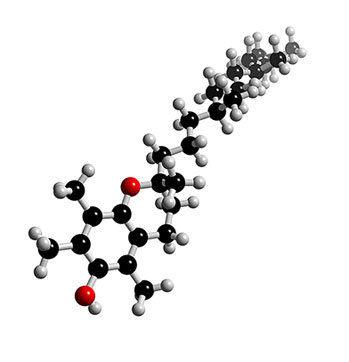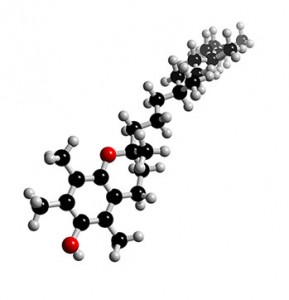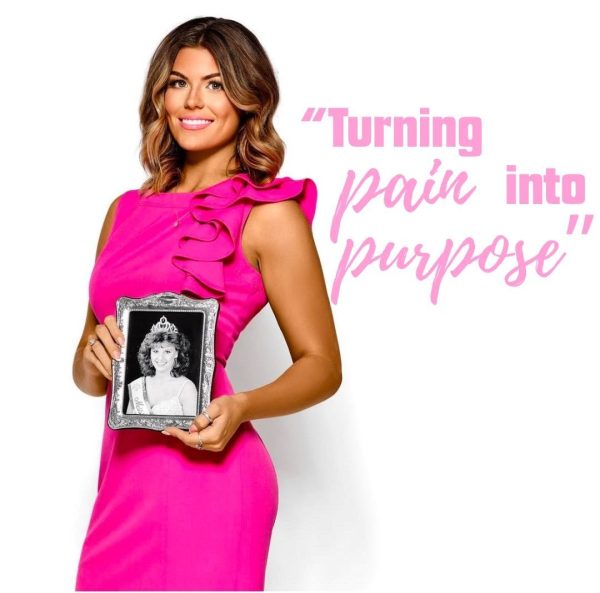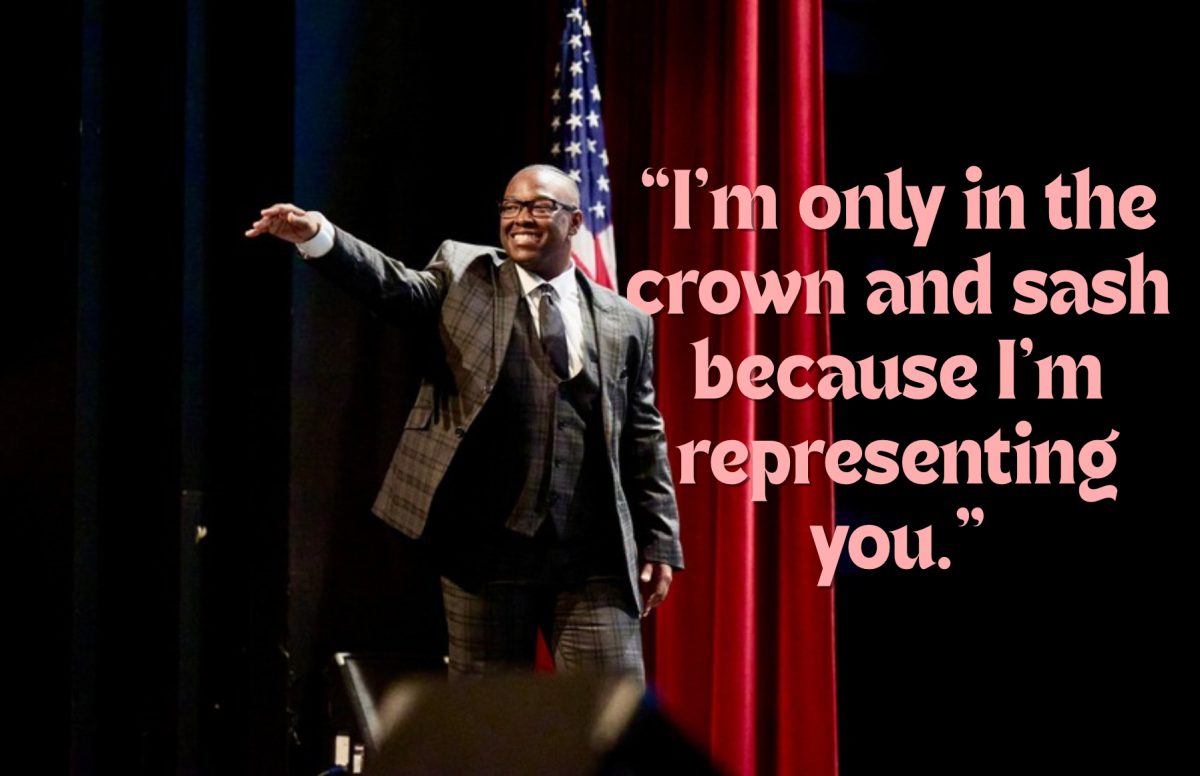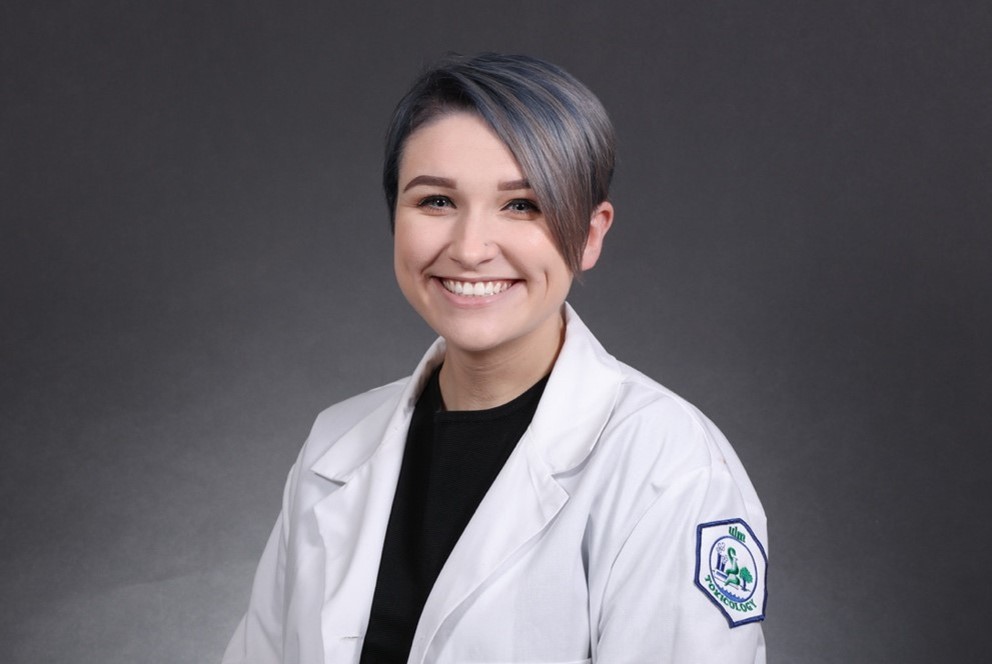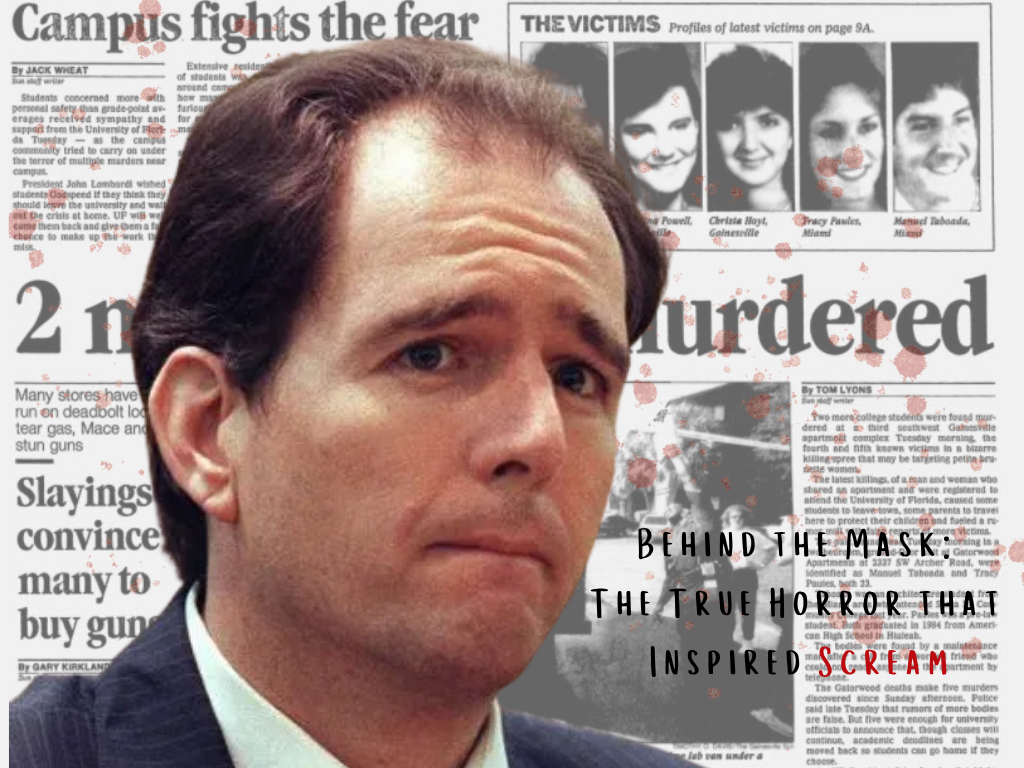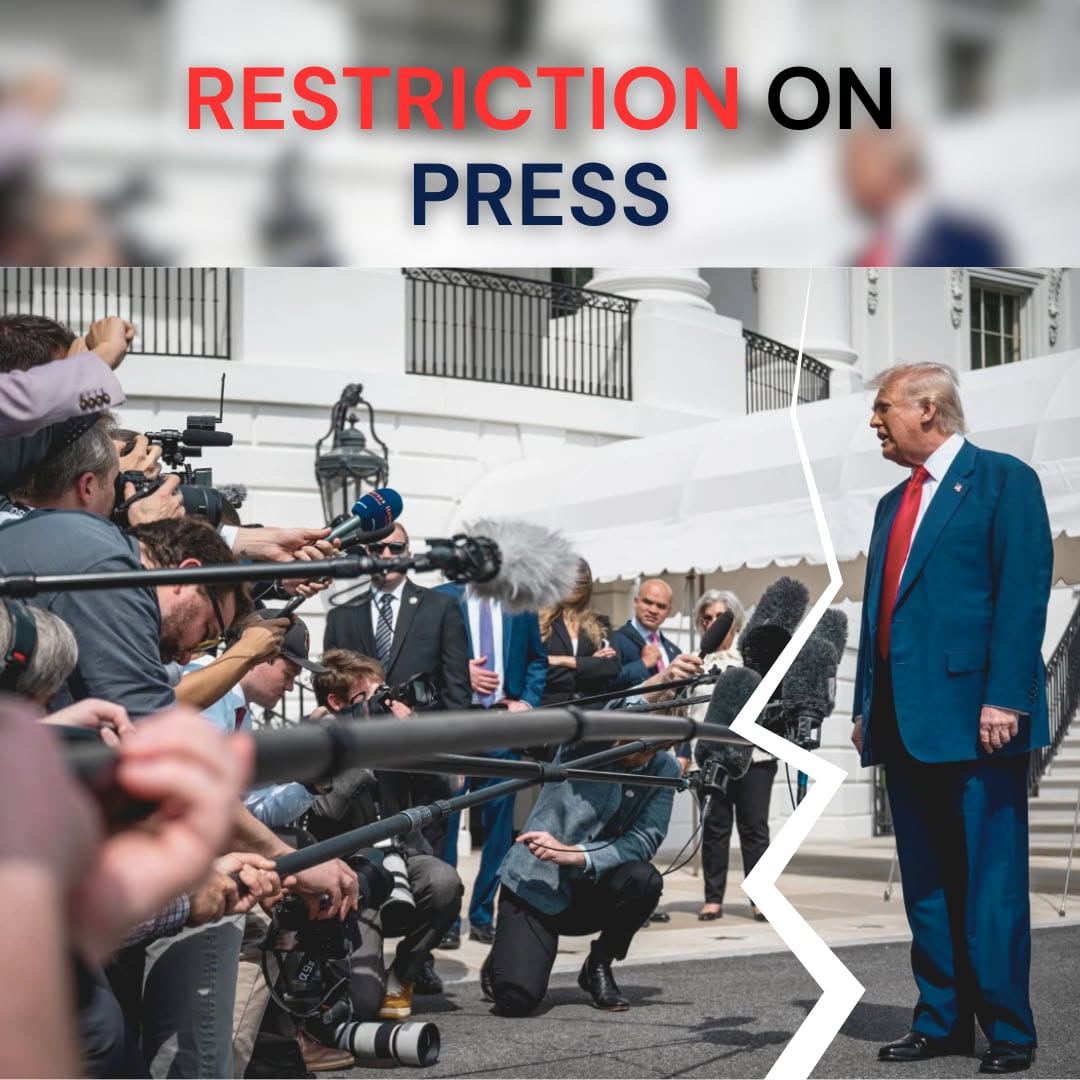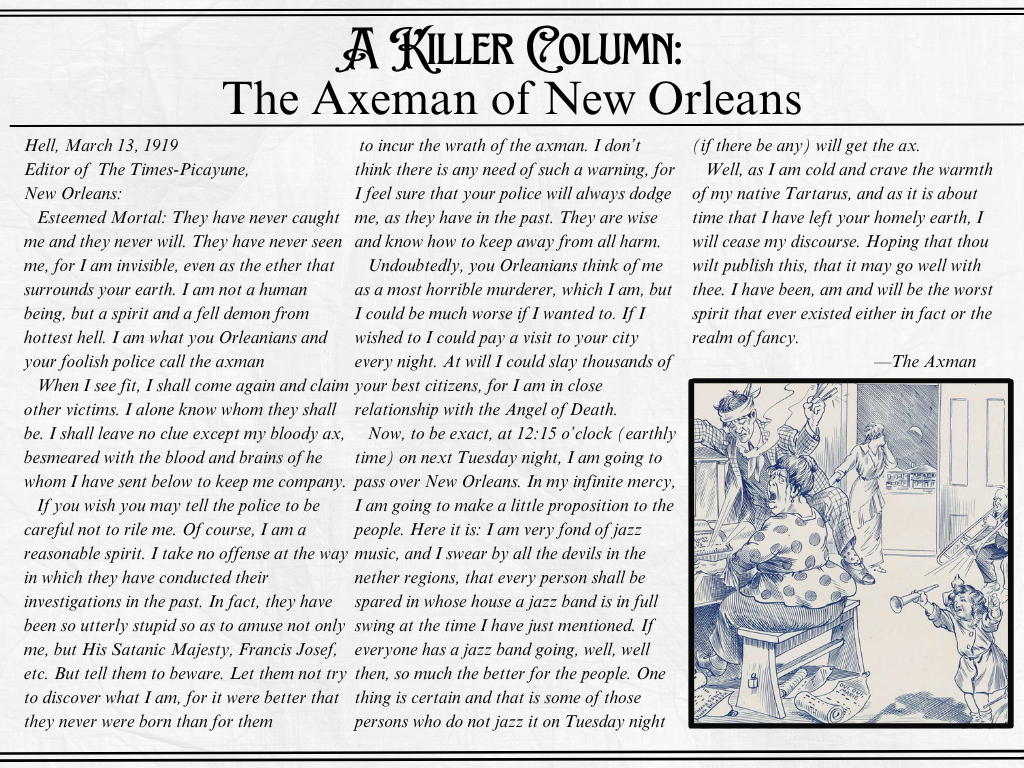Pharmacy school in lead on war against deadly disease
A ULM pharmacology professor has found a vitamin that could fight cancer.
Paul Sylvester, Pfizer endowed professor of pharmacology, announced his finding Monday while speaking on breast cancer research as part of the ULM Investiture Week at in the nursing building auditorium.
“I’ve identified a rare form of vitamin E that has very potent anti-cancer activity,” said Sylvester. “We’re trying to develop them into a commercial product that can be used for the treatment of breast cancer in women.”
The compounds that are in development have an advantage over other chemotherapies. These particular vitamin E agents, called tocotrienols, kill cancer cells at levels that have little effect on normal cells. Chemotherapy drugs are often nonspecific and destroy both cancer and normal cells, making these new drugs special.
Commercializing the product has been delayed because of the difficulty in using tocotrienols in the body.
There are multiple forms of vitamin E, including both tocopherols and tocotrienols.
Sylvester said compared to alpha tocopherols, tocotrienols have lower bioavailability, meaning that they are more difficult to use in the body.
To overcome this obstacle, he is coordinating his efforts with other faculty members so the finalized product may be distributed in the future.
“The College of Pharmacy is like a little pharmaceutical company,” Sylvester said. “You have the pharmaceutics people, you have the kinetics people, medicinal chemists, and the pharmacologists and toxicologists.”
Sylvester was successfully able to characterize the mechanism of action for the vitamin E product and how it kills cancer cells. Amal Kaddoumi was able to find a way to bypass the normal absorption limits of the product, and Sami Nazzal worked to find a suitable dosage form and combination product for the product.
Meanwhile, Khalid El Sayed is tweaking the product to make the vitamin E, a fat-soluble vitamin, more water-soluble.
“If we can get these commercialized, we are going to save lives,” Sylvester said. “There’s a prestige that goes along with coming up with intellectual property that makes money, but our goal is to save lives.”


